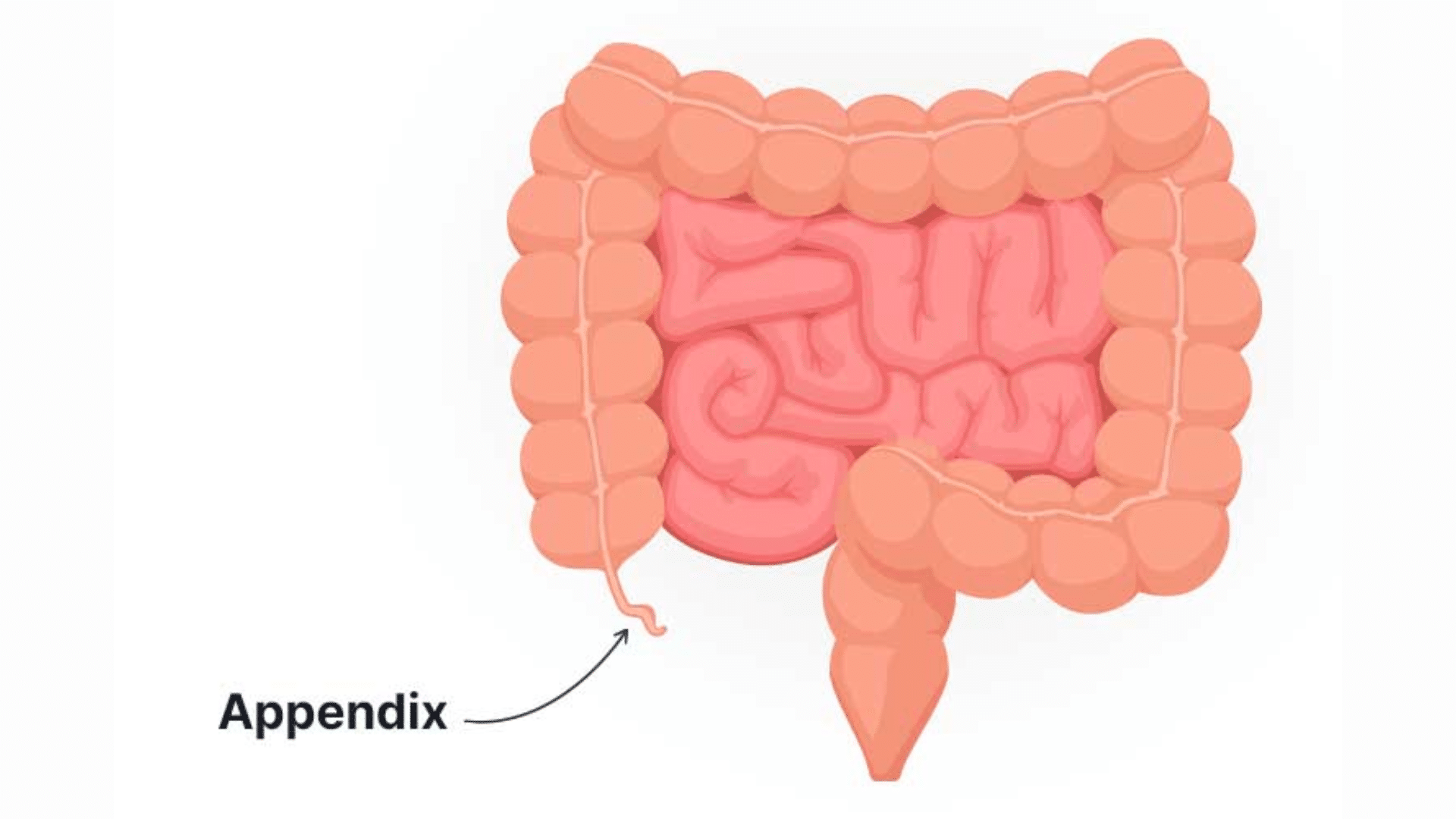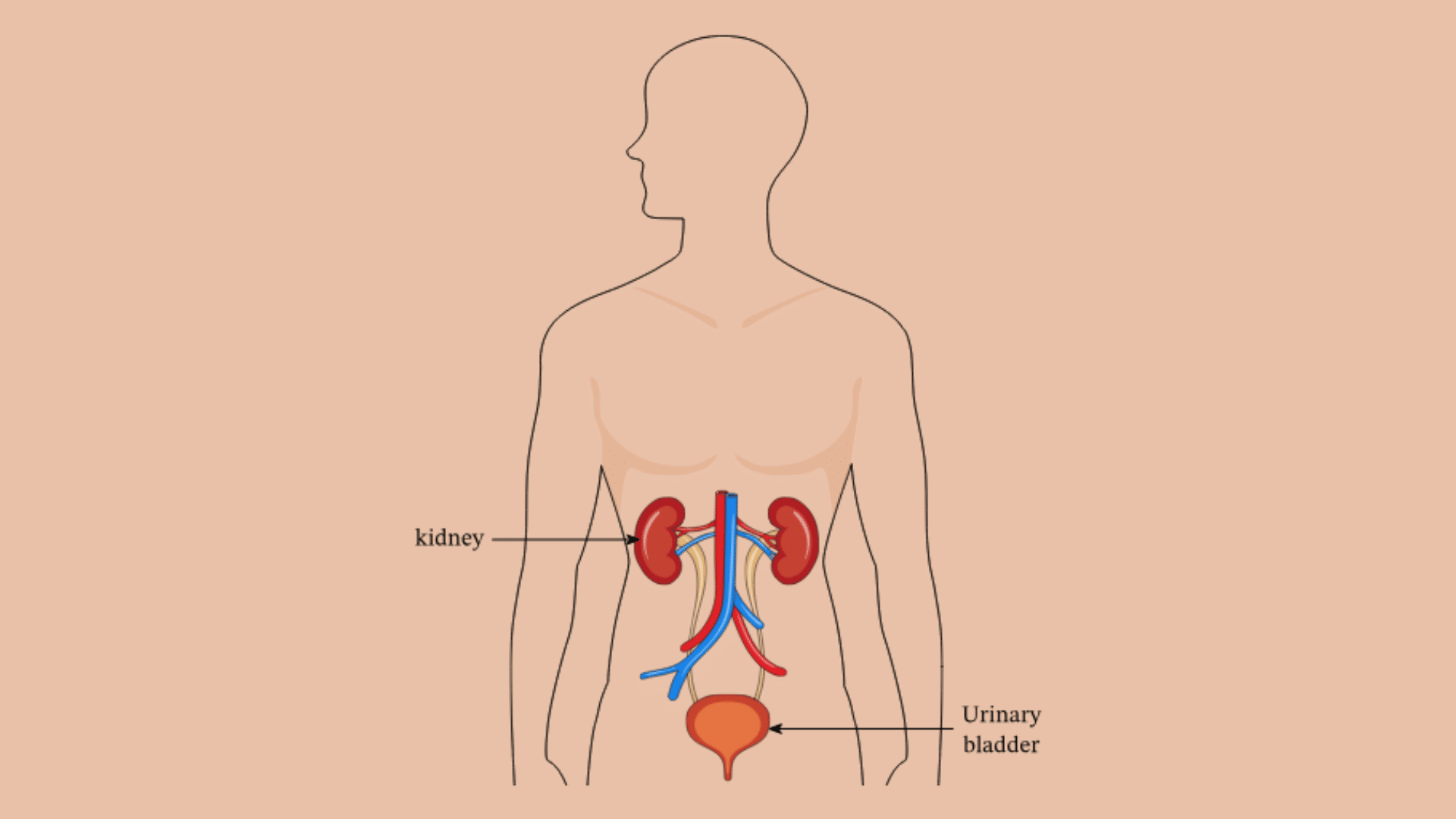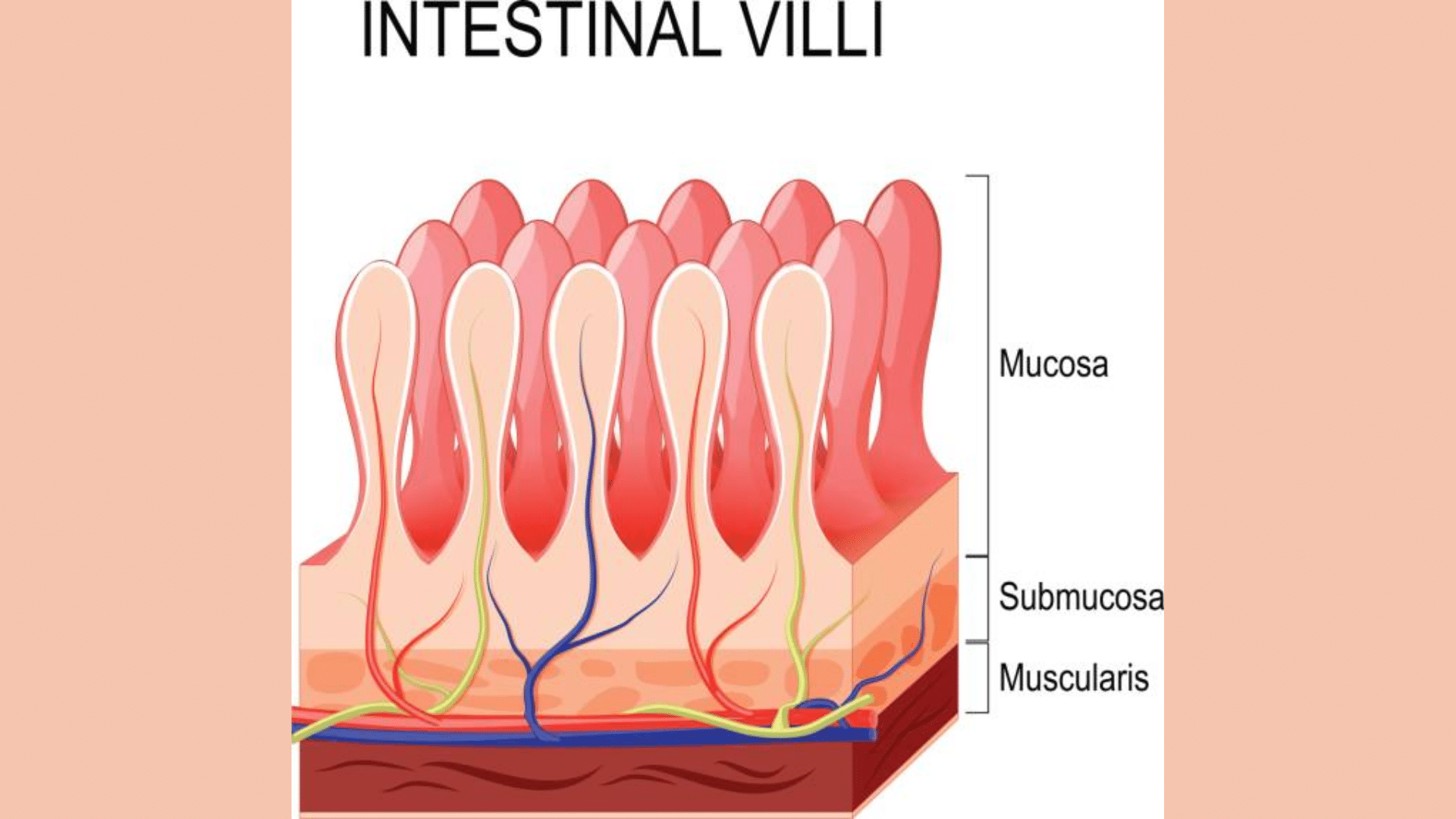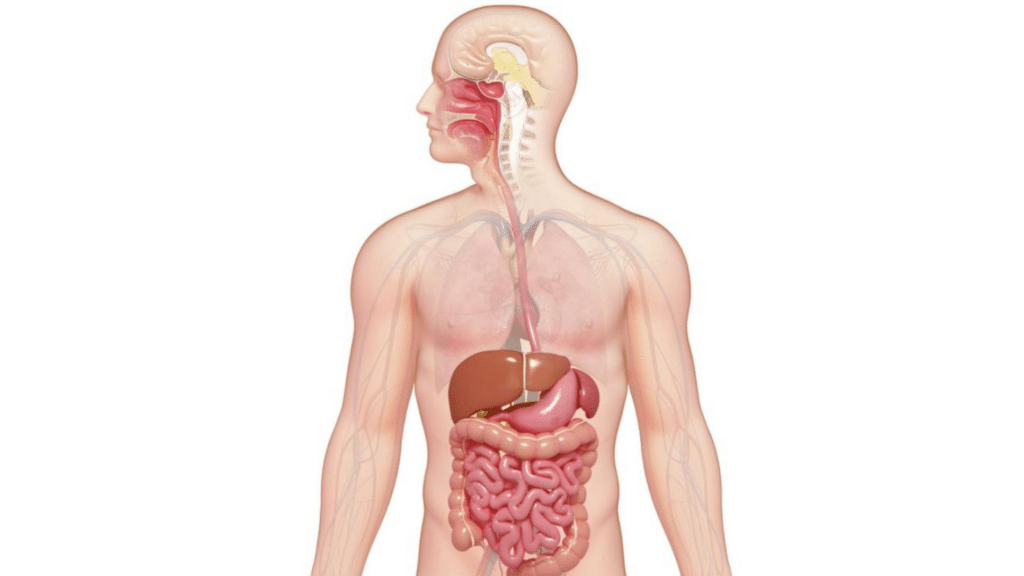Have you ever wondered what happens to your food after you swallow it?
That’s all thanks to your digestive system.
It’s a team of organs that work together every day to break down food, absorb the nutrients, and remove what’s not needed.
From your mouth to your stomach and intestines, each part has a job—using muscles, enzymes, and helpful bacteria to turn food into energy.
In this blog, you will learn fun and surprising facts about your digestive system—and see why it’s one of the busiest systems inside your body.
Surprising Facts About the Digestive System
The digestive system is like a hardworking factory inside your body, turning food into energy and keeping everything running smoothly.
Here are some fun and surprising facts about it.
1. 30 Feet Long
Your digestive system is impressively long, giving food a pretty lengthy journey from the first bite to the final stop.
- If uncoiled, the intestines would stretch longer than the average giraffe is tall!
- Most of this length comes from the small intestine alone, which is approximately 22 feet long.
- The colon (large intestine) adds another 5 to 6 feet to the total.
- Despite being so long, it’s packed tightly into your belly, curled and folded.
2. Stomach Holds 4 Pounds
Your stomach is way more flexible than you think, expanding and shrinking based on how much you eat or drink.
- An empty stomach is only about the size of a fist, but it can stretch massively.
- After a big meal, it can expand to hold up to a gallon!
- Overeating repeatedly can actually stretch your stomach permanently over time.
- Stomach size doesn’t directly affect how much you feel hungry—hormones play a bigger role.
3. Digestion Takes Up to 72 Hours
Digesting food is not a speedy task—it’s a careful process that makes sure your body absorbs all the important nutrients.
- It takes about 6–8 hours for food to leave your stomach and enter the intestines.
- Different foods digest at different speeds; fats usually take longer to process.
- Older adults may experience even slower digestion due to changes in muscle tone.
- Some medications, like opioids, can slow down digestion dramatically.
4. Small Intestine Absorbs Nutrients
The small intestine isn’t just “small” in name, as it’s crucial for making sure your body gets all the fuel it needs.
- The inside is covered in millions of tiny finger-like projections called villi to grab nutrients.
- Despite being narrow, its surface area is huge, comparable to a tennis court.
- It absorbs carbohydrates, proteins, fats, vitamins, and minerals into the bloodstream.
- Diseases like celiac disease damage the small intestine and block nutrient absorption.
5. Large Intestine Absorbs Water
The large intestine’s primary function is to absorb water, converting your food waste into manageable, solid stool for easy removal.
- It can absorb about 1–2 liters of water every day.
- It also absorbs some remaining vitamins made by gut bacteria, like vitamin K.
- If too much water is absorbed, it leads to constipation; too little causes diarrhea.
- The large intestine is wider but much shorter than the small intestine.
6. Liver Makes Bile
The liver is one of your body’s most versatile organs, and producing bile is just one of its many important jobs.
- Bile breaks down fats into smaller molecules that your body can absorb.
- Your liver produces around 800–1,000 milliliters of bile daily!
- Bile contains bile salts, cholesterol, and waste products like bilirubin.
- Bile gives poop its brown color, thanks to a pigment called stercobilin.
7. The Pancreas Makes Enzymes
The pancreas works quietly behind the scenes, producing powerful digestive juices that enable the breakdown of food.
- It produces enzymes such as amylase (for carbohydrates), lipase (for fats), and protease (for proteins).
- The pancreas also releases bicarbonate to neutralize stomach acid entering the intestines.
- Without pancreatic enzymes, you wouldn’t be able to absorb nutrients properly.
- Diseases like pancreatitis can severely affect digestion and require special diets.
8. Gallbladder Stores Bile
Although small, the gallbladder plays a mighty role by storing and concentrating bile until your body needs it after meals.
- When you eat fatty foods, the gallbladder squeezes bile into the small intestine.
- It can hold about 30–50 milliliters of bile at any time.
- Gallstones can form when bile hardens and blocks the flow of bile.
- You can live without a gallbladder, but the digestion of fats becomes less efficient.
9. The Appendix is Mostly Useless

Once believed to be essential, the appendix is now largely regarded as an organ that has lost its original function over time.
- Some scientists think it helped ancient humans digest tough plants.
- Today, it may serve a minor immune function in young children.
- Appendicitis, or inflammation of the appendix, is a medical emergency.
- Removing the appendix usually has no long-term negative effects on digestion.
10. Trillions of Gut Bacteria
Your gut is alive with trillions of microorganisms that help keep your digestion and even your mood on the right track.
- The gut microbiome can weigh anywhere from 2 to 5 pounds altogether.
- Different people have totally different combinations of gut bacteria.
- Gut bacteria help break down fiber that your body can’t digest alone.
- An imbalance in gut bacteria can lead to issues such as bloating or irritable bowel syndrome (IBS).
11. Stomach Lining Renews Often
With all the strong acids churning around inside, your stomach needs to rebuild itself more often than you might expect.
- The stomach lining regenerates every 4 to 5 days.
- This rapid turnover prevents ulcers and other stomach damage.
- Mucus produced by the stomach protects it from its own acid.
- Some medications, like NSAIDs, can weaken this protective lining.
12. 1–3 Pints of Saliva Daily
Believe it or not, your mouth is constantly at work producing saliva, even when you aren’t thinking about it.
- Saliva contains enzymes, such as amylase, that begin breaking down food immediately.
- It helps protect teeth by washing away food and neutralizing acids.
- Saliva makes swallowing and talking smoother and easier.
- Production slows down during sleep, which is why morning breath can smell worse.
13. Swallowing Uses More Than 30 Muscles
Swallowing seems simple, but it’s a complex process that requires numerous muscles working in perfect coordination.
- Swallowing happens in three stages: oral, pharyngeal, and esophageal.
- You don’t need to think about swallowing—it’s mostly automatic once started.
- Muscles in your tongue and throat push food toward the esophagus.
- Disorders like dysphagia can make swallowing difficult and dangerous.
14. Stress Affects Digestion
Your brain and gut are closely connected, so when your mind feels stressed, your stomach can also feel the tension.
- Stress can cause your gut to move food too quickly or too slowly.
- Hormones released during stress change how your digestive muscles contract.
- Conditions like IBS often worsen during periods of high stress.
- Deep breathing and mindfulness can actually improve digestion.
15. Probiotics Aid Digestion
Probiotics are live, good bacteria that help your digestive system stay balanced and function at its best every day.
- Foods like yogurt, kefir, and sauerkraut are rich in natural probiotics.
- Probiotics can help prevent diarrhea caused by antibiotics.
- They may boost your immune system by maintaining gut health.
- Not all probiotics are the same; different strains do different jobs.
16. Fiber is Vital
Your body doesn’t digest fiber, but it’s crucial for keeping everything moving smoothly through your digestive tract.
- Soluble fiber, such as that found in oats, absorbs water and helps regulate blood sugar levels.
- Insoluble fiber (such as bran) adds bulk to the stool and speeds up its passage.
- High-fiber diets lower the risk of colon cancer.
- Most people don’t eat enough fiber daily, only about half the recommended amount.
17. Chewing Gum Relieves Heartburn
That simple act of chewing gum after a meal might offer more health benefits than you ever realized, especially for your stomach.
- Chewing gum increases saliva, which helps neutralize stomach acid more quickly.
- It can help push acid back down into the stomach where it belongs.
- Choose sugar-free gum to protect your teeth while supporting your gut health.
- Minty gums may actually worsen heartburn for some people—stick with fruity flavors instead.
18. Removes Body Waste

At the end of the digestive process, your body efficiently removes waste, keeping everything clean and your system healthy.
- The rectum stores stool until it’s ready to leave the body.
- Pooping regularly helps remove waste, toxins, and extra cholesterol.
- Dehydration can cause hard stools, making waste removal more difficult.
- Healthy waste removal prevents bloating, discomfort, and potential infections.
19. The Esophagus Moves Food with Waves
Swallowing doesn’t just rely on gravity; your esophagus uses rhythmic waves of muscle contractions to propel food safely into the stomach.
- This wave-like motion, known as peristalsis, occurs automatically after swallowing.
- Even when lying down or upside down, peristalsis continues to move food toward the stomach.
- Peristalsis also helps liquids, as well as solid food, travel through the esophagus.
- Problems with peristalsis can cause a condition known as esophageal dysmotility, resulting in difficulty swallowing.
20. Acid in The Stomach Can Dissolve Metal
The acid inside the stomach is powerful enough to break down very tough materials, showing just how strong natural body chemistry is.
- Stomach acid primarily consists of hydrochloric acid, with a pH range of approximately 1.5 to 3.5.
- This acidity is strong enough to dissolve materials such as zinc or iron shavings in laboratory settings.
- Despite its strength, a mucus layer protects the stomach lining from being digested.
- Certain bacteria, such as Helicobacter pylori, can survive in the harsh acidic environment and cause ulcers.
21. Food Takes 7 Seconds to Travel Down the Esophagus
Food does not travel slowly through the esophagus. In just 7 seconds, it moves thanks to muscle contractions known as peristalsis.
- The esophagus is about 8 inches long.
- Peristalsis moves food in wave-like motions.
- This process helps push food from the mouth to the stomach.
- It’s a quick journey, taking only about 7 seconds.
22. Fat Takes 6 Hours to Digest, and Carbs Take 2
Your body processes different foods at different speeds. Fat takes longer to digest compared to carbs, affecting digestion times.
- High-fat meals take about 6 hours to digest.
- Carbohydrate-rich meals take about 2 hours to digest.
- Fat digestion is slower due to its chemical composition.
- A balanced diet helps support optimal digestive health.
23. Improper Digestion Leads to Constipation
Constipation occurs when digestion isn’t functioning properly, resulting in difficulty passing stools. It’s common and can be managed.
- Constipation affects approximately 20% of the population.
- It’s more common in women than men.
- Aging can slow digestion, leading to constipation.
- Poor digestion affects waste removal and stool movement.
24. The Epiglottis Keep Food Out of the Air Tract
The epiglottis is a flap that prevents food from entering the windpipe during swallowing, protecting the airway from obstruction.
- It ensures food doesn’t enter the lungs.
- Choking happens when food enters the windpipe.
- The epiglottis keep the airway safe during digestion.
25. Your Body Produces 1-2 Quarts of Gastric Juice Daily
Your stomach produces a significant amount of gastric juice every day, which helps break down food and keep digestion on track.
- The stomach produces 1–2 quarts of gastric juice daily.
- Gastric juice contains hydrochloric acid and digestive enzymes.
- It helps break down food into a form that is usable.
- The acidic environment helps kill harmful bacteria in food.
26. Your Digestive System Can Work without a Brain
Surprisingly, your digestive system has its own nervous system, allowing it to function even if the brain is not directly involved.
- The digestive system has its own “second brain,” the enteric nervous system.
- It controls digestion without the need for the brain’s help.
- This system uses over 100 million nerve cells.
- The enteric nervous system manages peristalsis and other digestive actions.
27. The Large Intestine has No Villi

Unlike the small intestine, the large intestine lacks villi, but it still plays a key role in absorbing water and forming stool.
- It mainly absorbs water and salts from food waste.
- It converts waste into solid stool.
- Its role is crucial in maintaining the body’s water balance.
Conclusion
Always remember your digestive system is working smoothly—turning food into fuel, keeping things balanced, and helping you stay healthy.
It connects with other systems, reacts to your habits, and even protects you from harmful bacteria.
So, by understanding how it works, you can make better choices every day, from what you eat to how you care for your body.
It’s more than just digestion—it’s a key part of your overall well-being.















